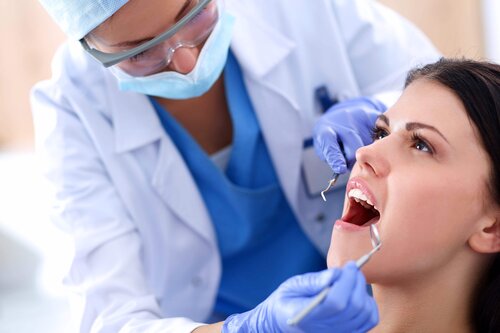![]()
18 September 2017
Pregnancy creates challenges for women’s oral health

During pregnancy, women experience many physiological and hormonal changes – and the mouth is one area which is very much affected.
The periodontium (the bone, connective tissue, and gums that surround and support teeth) can be affected by pregnancy gingivitis, granuloma gravidarium (pregnancy tumour), and periodontitis.
As explained in the scientific paper Women's oral health during pregnancy; written especially for the EFP/Oral-B Oral Health and Pregnancy project, gingival inflammation tends to increase during pregnancy – even when proper oral-hygiene to remove plaque is performed. However, the paper goes on to explain, pregnancy gingivitis does not usually imply irreversible damage to the periodontium.
The authors – Prof Mariano Sanz and Dr Elena Figuero of Madrid’s Complutense University – say that, in cases of granuloma gravidarium where the lesions do not cause significant functional or aesthetic problems, they should not be removed during pregnancy. This is because they might recur and also because they may resolve spontaneously after delivery.
Although there is no specific type of periodontitis that is related to pregnancy, periodontitis is a potential risk factor both for gestational diabetes mellitus and adverse pregnancy outcomes such as preterm birth, low birthweight, and pre-eclampsia.
According to Prof Sanz, when considering women’s oral health during pregnancy, it is important to focus on the hormonal changes that women experience and how these might affect the periodontal tissues and increase the body’s propensity to inflammation.
He said that these changes mean that there may be a greater propensity to develop gingivitis and, where a woman already has periodontitis, pregnancy may often lead to a worsening of the disease.
“We need to discuss the periods during pregnancy where these changes are most evident, and then consider in which periods during pregnancy we can intervene to prevent or treat these conditions,” said Prof Sanz. “It is very important to let women know what changes they can expect during pregnancy and how these inflammatory conditions may worsen during pregnancy.”




